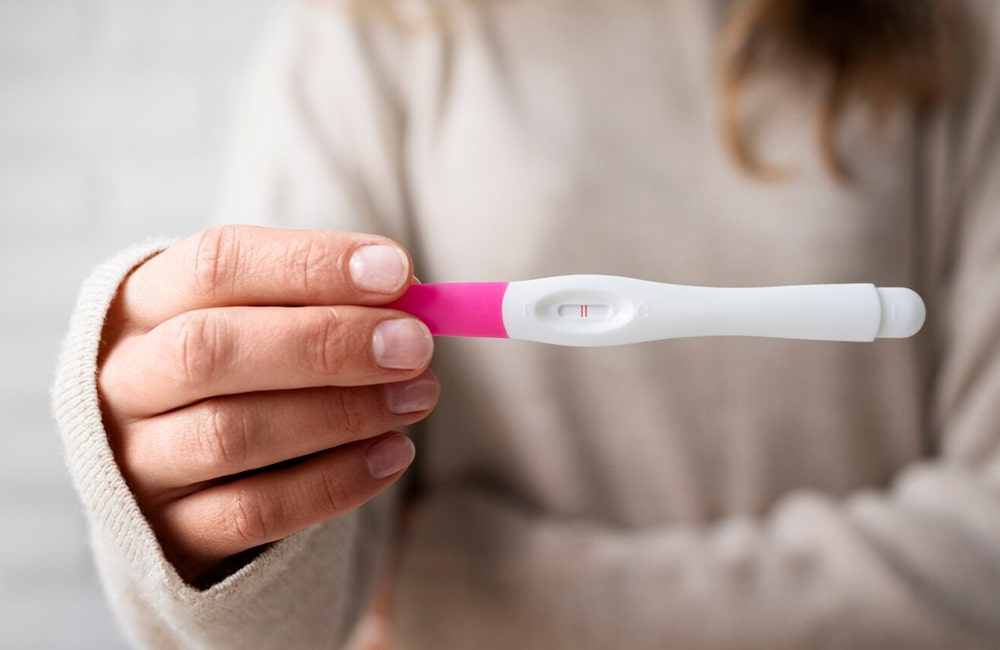
Female infertility occurs when a woman is unable to get pregnant. Infertility can affect both men and women, and is usually diagnosed when a couple fails to get pregnant with unprotected sex over the course of 12 consecutive months. Various factors can contribute to infertility. Fortunately, there are many treatment options available for infertility. Read on to learn more about the causes and treatment of female infertility.
What is female infertility?
Female infertility is a condition where a woman is unable to get pregnant. Healthcare advisors diagnose an infertility condition:
Fertility problems may occur due to both male and female reproductive systems. Various factors, including age, medical condition, hormonal conditions, lifestyle, and genetic factors, can contribute to female infertility. You can get a thyrocare blood test to check whether you are at risk of fertility issues.
How common is infertility in women?
Infertility is a very common condition nowadays. Nearly 10% of the female population suffers from infertility. Fertility issues increase with age.
What are the types of female infertility?
There are two types of female infertility, such as:
What are the signs of infertility in females?
The main sign of infertility is not being able to conceive, regardless of having regular, unprotected sex. Other signs may include irregular menstruation.
What causes infertility in women?
There are various possible causes of infertility in women. Although the exact cause of infertility in some people might be difficult, the potential causes may include:
How is female infertility treated?
If you are having problems getting pregnant, then your healthcare provider will ask you to go for a certain medical test, including an infertility blood test. You can find an infertility profile test at Thyrocare.
Fortunately, there are various treatments available for infertility. Your doctor would suggest treatment options, including medication, antibiotics, and surgery, depending on the cause of your infertility.
However, some people may require special treatments, like in vitro fertilization (IVF). You can also opt for gestational surrogacy or adoption if you wish to begin your new family.